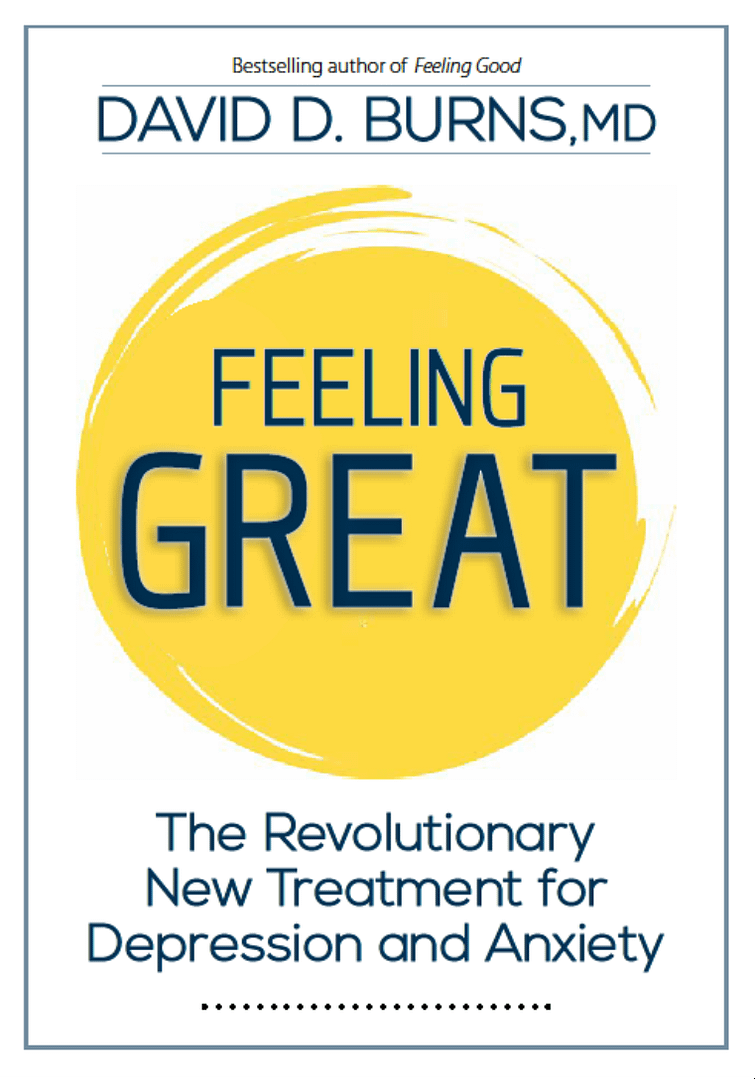Today’s podcast features Dr. Steven C. Hayes, the founder of ACT (Acceptance and Commitment Therapy), and author of 46 books, including his most recent book, The Liberated Mind, which is available on Amazon. We are joined by Dr. Jill Levitt, the Director of Training at the Feeling Good Institute in Mountain View, California.
Dr. Hayes began by describing ACT, a form of psychotherapy aimed at increasing something he calls “psychological flexibility.” He defines psychological flexibility as the ability to stay consciously in contact with the present moment, including the difficult thoughts, feelings, memories, and bodily sensations you may be experiencing. At the same time, you direct your attention toward actions and behaviors based on your personal values.
I think it is fair to say that Rhonda, Jill and I had a more than a little difficulty understanding what Dr. Hayes was saying at times throughout the interview, particularly when he was describing the six dimensions of his concept of psychological flexibility. This is unfortunate, because Dr. Hayes has a great personal story to tell, and he has done a tremendous amount of interesting and important research as well.
Dr. Levitt did a tremendous job in tracing some overlap between ACT and TEAM in several areas. One is the idea that feelings like depression, anxiety, shame, and even anger are not bad but are actually good. These feelings can be telling us things that are tremendously valid and important about our core values as human beings. In TEAM, we call this Positive Reframing.
Another overlap between ACT and TEAM-CBT has to do with what Dr. Hayes calls “cognitive defusion,” a concept that has to do with the capacity to realize that your negative thoughts, like “I’m a loser,” or your anxious thoughts, like “I’m about to go crazy,” are simply thoughts, and not statements that are literally true.
This is consistent with one of the goals of TEAM-CBT, which is to recognize that these kinds of thoughts are nearly always distorted, and the moment you stop believing them your negative feelings will diminish or disappear. ACT suggests that you need to simply “defuse” from your thoughts, while TEAM-CBT utilizes many techniques to help you crush the distorted thoughts that trigger negative feelings, since everyone is different, and you can rarely predict which approach will be effective for a particular individual.
I sadly have to confess that after this face-to-face interview with Dr. Hayes, I still have extremely limited understanding of ACT, and apologize that I can’t be a more effective translator of his many excellent ideas and methods!
A touching moment came at the end of the interview when Dr. Hayes spoke about his own journey into a dark place in 1981, and why the ineffective therapy that he received at that time inspired him to create ACT. We all felt really close to him at that very human and vulnerable moment.
If you would like to contact Dr. Hayes, you can reach him at stevenchayes@gmail.com or visit his website at www.stevenchayes.com. You can also link to his new book A Liberated Mind.
Thanks for joining us today!
Rhonda, Jill, and David
You can reach Dr. Burns at david@feelinggood.com. Dr. Rhonda Barovsky practices in Walnut Creek, California, and has recently opened the Feeling Great Therapy Center, a collective of TEAM therapists, and can be reached at rhonda@feelinggreattherapycenter.com. She is a Level 4 Certified TEAM-CBT therapist and trainer and specializes in the treatment of trauma, anxiety, depression, and relationship problems. She also does forensic work in family court, but finds TEAM-CBT to be way more rewarding!
If you like our jingle music and would like to support the composer Brett Van Donsel, you may download it here.
This is the cover of my new book, Feeling Great. The kindle is available now, too, and the audio version may be available by the time you read this, too!



